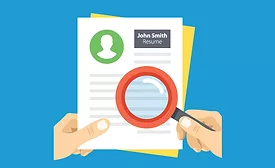Home » Keywords: » personally identifiable information
Items Tagged with 'personally identifiable information'
ARTICLES
Education & Training
The FTC-Facebook Settlement: A Major Shift in U.S. Privacy Regulation
November 8, 2019
Sign-up to receive top management & result-driven techniques in the industry.
Join over 20,000+ industry leaders who receive our premium content.
SIGN UP TODAY!Copyright ©2026. All Rights Reserved BNP Media.
Design, CMS, Hosting & Web Development :: ePublishing










